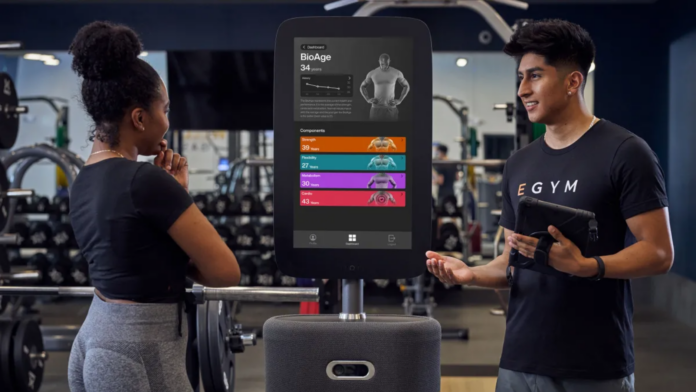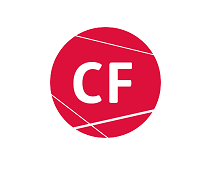The fitness industry continues to boom, and EGYM, a Munich-based connected fitness startup, is capitalizing on this momentum. EGYM has secured a $200 million Series G funding round, bringing its valuation to over $1.2 billion. The new investment, backed by L Catterton and Meritech, will be pivotal in accelerating the company’s growth and innovation in the fitness space.
EGYM offers a comprehensive, vertically-integrated approach to fitness. The company develops connected workout stations sold to gyms, alongside software that helps users track and improve their exercise routines. Through these products, EGYM enables users to monitor their progress and receive real-time feedback on how to optimize their workouts. In addition to gym equipment, EGYM also provides a marketplace where gyms connect with companies to support employee wellness programs. Most recently, EGYM launched an AI-powered personal assistant called Genius, which helps users personalize their fitness routines based on goals, behavior, and past results.
With the recent funding, EGYM plans to enhance all of these offerings. A significant part of the expansion will target the U.K. and U.S. markets, where the company has recently acquired two fitness platforms, Hussle and FitReserve. These acquisitions help EGYM establish a stronger foothold in these competitive markets. The company also aims to continue improving its Genius AI assistant, which Roesch-Schlanderer, the founder and CEO of EGYM, emphasizes is no gimmick. He believes the AI is essential for democratizing fitness, allowing more gym-goers to access personalized training without the need for a human personal trainer, which only about 10% of gym members typically have.
Roesch-Schlanderer started EGYM out of his own frustrations with working out. Despite a global gym market of nearly 200 million members, many people struggle to figure out the best ways to exercise. Whether they’re new to fitness or seasoned athletes, they often lack the insights to know what they’re doing right or where they might be at risk of injury. EGYM’s workout stations, apps, and wearables help users understand their workouts better, whether at the gym or on the go.
EGYM’s business model centers around B2B2C, focusing on selling its tech to gyms and helping companies build employee wellness programs. The company doesn’t have direct-to-consumer plans at the moment. This strategy has worked well for EGYM, making it profitable on an EBITDA basis, with projected revenues of $500 million by 2025. Today, EGYM’s corporate wellness platform, Wellpass, serves over 17,000 gyms and 14,000 corporate clients, reaching around 3 million employees. In total, about 18,000 fitness centers use EGYM’s products, with 6 million people working out with its machines every month.
Approximately 75% of EGYM’s business comes from subscriptions, while the remaining 25% is from equipment sales. Roesch-Schlanderer notes that the corporate subscription market is more extensive than gym tech itself, but gym tech is what delivers the most value to clients.
EGYM is tapping into the broader trend of preventative healthcare, which focuses on maintaining health and preventing diseases rather than reacting to them once they appear. This approach is growing in popularity as people look for ways to avoid long-term health issues, which could lead to costly medical treatments. Preventative healthcare aligns with EGYM’s mission to make fitness a more integral part of people’s lives. Companies like Neko Health, co-founded by Spotify’s Daniel Ek, are also leaning into this trend by using AI to provide advanced diagnostics and personalized healthcare insights, making fitness a central component of the preventative health strategy.
Despite the enthusiasm around AI, Roesch-Schlanderer is cautious about the broader AI landscape. However, he is confident that EGYM’s AI assistant adds immense value in its specific domain. Genius uses machine learning models tailored to fitness, unlike more general large language models, and has been trained on years of workout data collected by EGYM. This ensures it delivers highly relevant and actionable recommendations for users, helping them make the most of their workouts.
The size of EGYM’s latest funding round is particularly notable in the current economic environment, where large investment rounds have been scarce, especially in Europe. Despite this, EGYM attracted significant interest from investors following its previous funding round. Roesch-Schlanderer notes that while EGYM had enough cash reserves to survive another crisis like COVID-19, he took the opportunity to secure what he calls “dream investors” to support the company’s growth and expansion.
With Paul Madera from Meritech and Marc Magliacano from L Catterton joining the board, EGYM is well-positioned to scale its AI-driven fitness solutions and expand its global footprint. The company remains focused on making personalized fitness accessible to more people while continuing to innovate in the connected fitness space.












